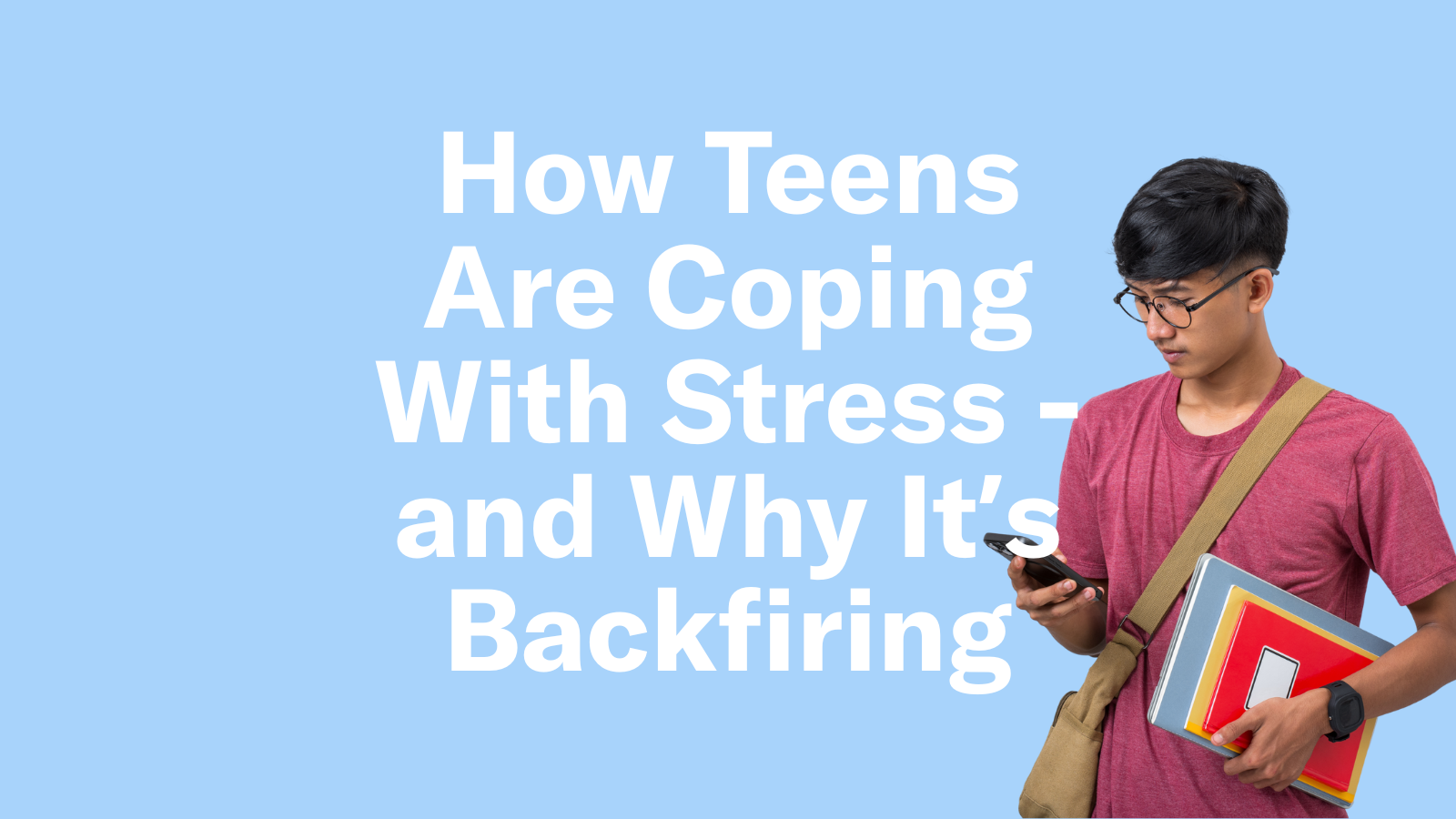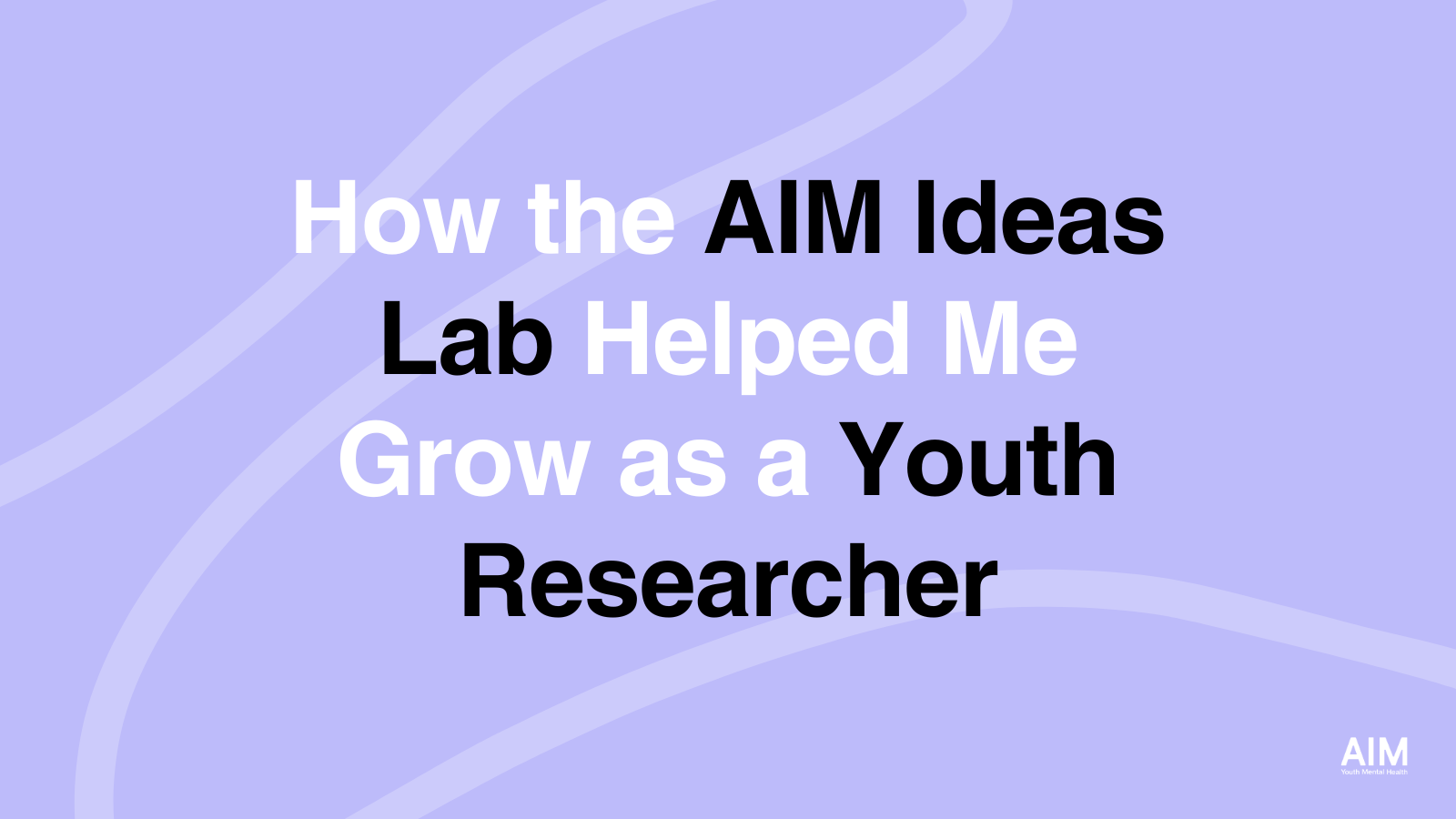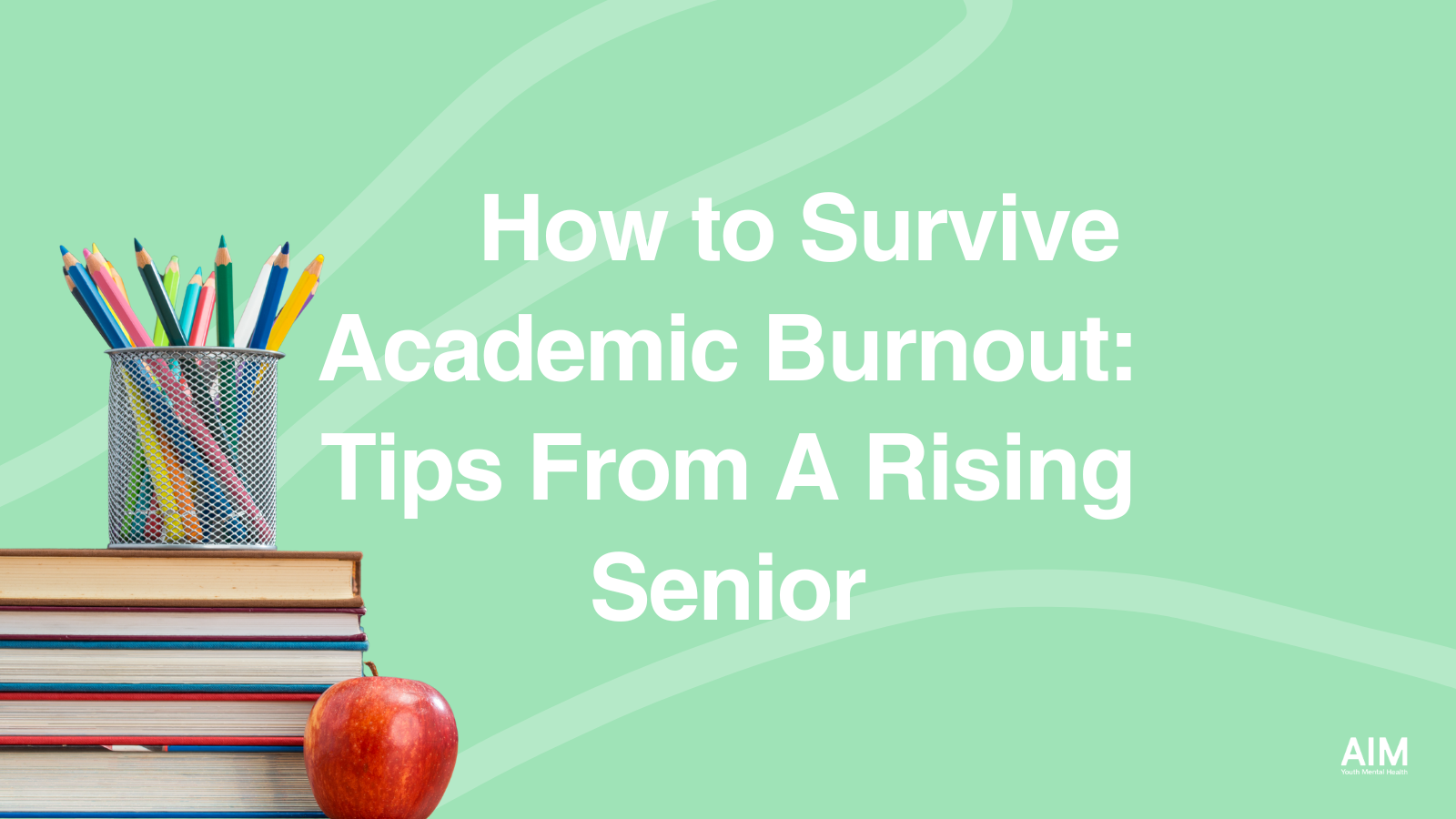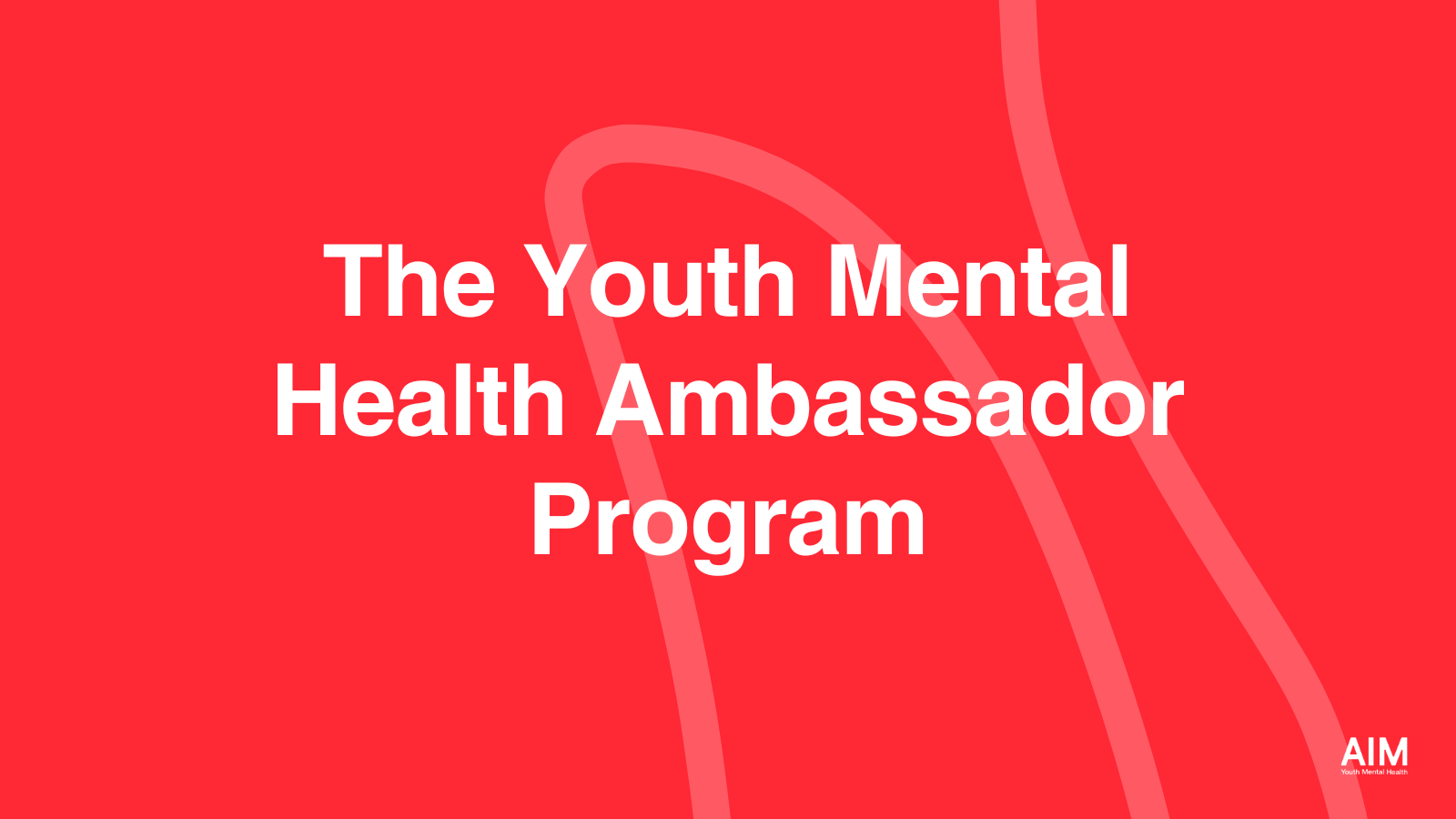The holiday season can be both joyful and often challenging, especially for those experiencing eating disorders. Nearly 3% of teens will struggle with a diagnosable eating disorder, which once they reach adulthood, become the 2nd highest mortality rate amongst mental illnesses. It goes without saying that parenting a youth experiencing an eating disorder is unbelievably scary. Which is why we advocate for never going through it alone: community support is one of the strongest protective factors against the worsening of mental illness, including with eating disorders.
As we navigate this time, we partnered with The National Alliance of Eating Disorders to give you five tips we’re embracing, for adults and youth alike. Remember, it’s okay to seek support, set boundaries, and prioritize self-care. This holiday season, let’s move through it with self-compassion and resilience.
5 ways to support eating disorder recovery this holiday season
- Set up a support system.
- Seek out friends and family who are willing to learn about eating disorders and offer support. Ahead of any event, share your concerns, apprehensions, or feelings with them so they can help support you during the holiday season. Find out how one mother found community solace and a life-saving resource from AIM via a Facebook Group.
- Seek out friends and family who are willing to learn about eating disorders and offer support. Ahead of any event, share your concerns, apprehensions, or feelings with them so they can help support you during the holiday season. Find out how one mother found community solace and a life-saving resource from AIM via a Facebook Group.
- Seek professional help and support.
- If you or your child are experiencing an eating disorder, it’s important to reach out for professional support. Treatment, therapy, and therapist-led support groups can offer valuable resources, including community, coping strategies, and more as you navigate your recovery journey.
- If you or your child are experiencing an eating disorder, it’s important to reach out for professional support. Treatment, therapy, and therapist-led support groups can offer valuable resources, including community, coping strategies, and more as you navigate your recovery journey.
- Set boundaries.
- Communicate your boundaries with others, especially during social gatherings and family events. Let people know your needs and limitations when it comes to discussions around food and body image. Remember: It’s okay to decline invitations or skip events that may be activating or detrimental to your mental health!
- Communicate your boundaries with others, especially during social gatherings and family events. Let people know your needs and limitations when it comes to discussions around food and body image. Remember: It’s okay to decline invitations or skip events that may be activating or detrimental to your mental health!
- Create a self-care plan.
- Develop a self-care plan that includes activities that help you ground, manage stress, and maintain your mental well-being. This could include:
- Meditating
- Spending time outside
- Drawing or painting
- Reading
- Calling a supportive friend or loved one
- Develop a self-care plan that includes activities that help you ground, manage stress, and maintain your mental well-being. This could include:
- Stay mindful of what activates you.
- Understand what may activate eating disorder thoughts or urges, and lean into strategies that help you during those moments. If certain situations or conversations are particularly challenging, having coping mechanisms in place can be really helpful:
- Phrases to help pivot the conversation
- Breathing exercises
- Having a trusted friend or loved one with you
- Understand what may activate eating disorder thoughts or urges, and lean into strategies that help you during those moments. If certain situations or conversations are particularly challenging, having coping mechanisms in place can be really helpful:
Remember, we are not meant to do this alone! Help and support are available.
The National Alliance for Eating Disorders provides a free therapist-staffed helpline and interactive online referral database, as well as many free, weekly, therapist-led (virtual and in-person) support groups.
- Call: 866.662.1235
- Text: ALLIANCE to 741-741
- Email: [email protected]
- Visit: allianceforeatingdisorders.com
AIM Youth Mental Health bridges the gap between research and access to care for youth struggling with their mental health.
- Sign up: Youth Mental Health First Aid
- Learn more: aimymh.org/blog
- Follow along: @aimmentalhealth
______________________
About the Author
Meadowlark Monaghan (she/hers) is a consultant using her knowledge gained as a mental health professional to act as a liaison between brands, creators, + online communities with the field of psychology and mental health. She also co-hosts the personal development podcast, Thoughts May Vary. Her work has been seen with Madhappy, Local Optimist, The Mayfair Group, Lonely Ghost, AIM Youth Mental Health, NAMI San Diego and more.






One Response
This is great!